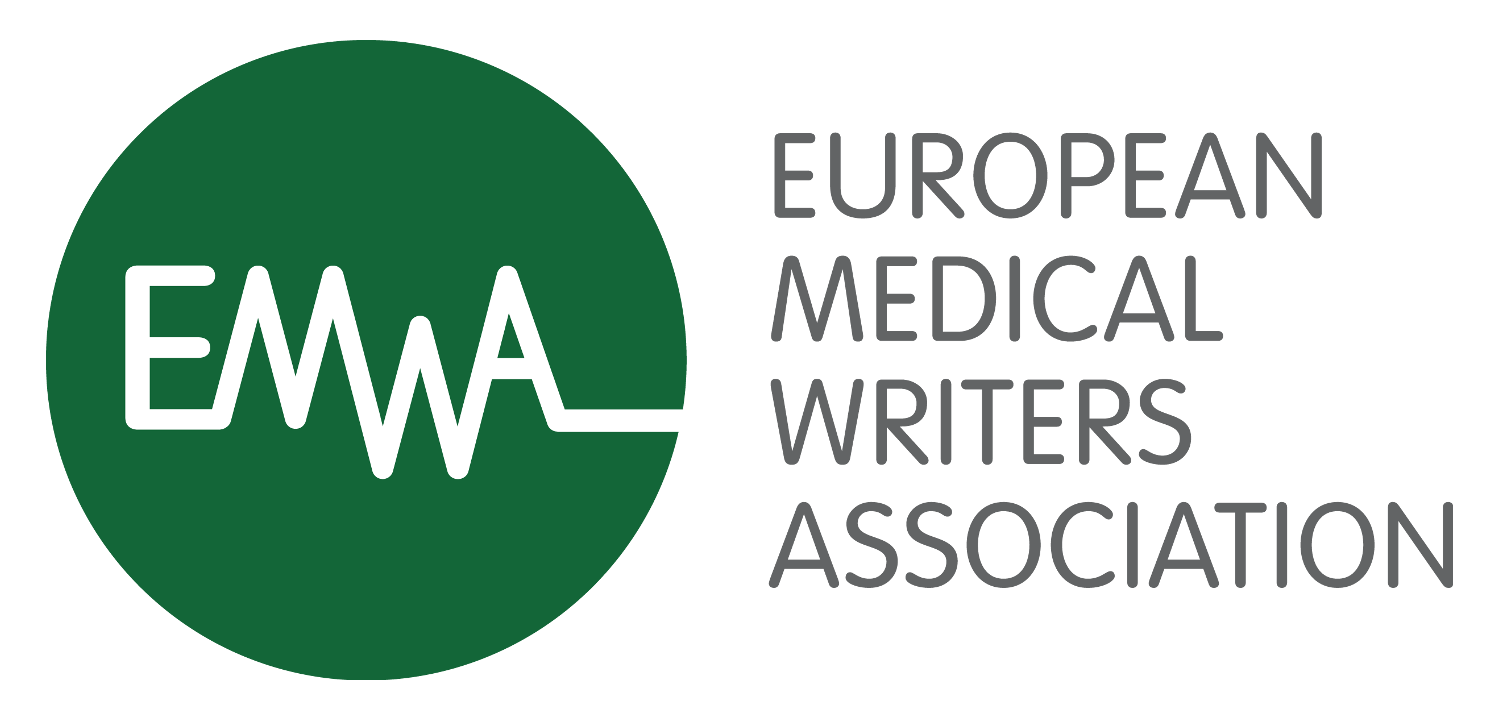Evolving approaches to improve research integrity
11:40 AM - 12:05 PM
There has been growing interest in the question of research quality in recent years, a situation amplified by the current COVID-19 pandemic. An important question is the extent to which research culture, and current incentives, shape the behaviour of scientists in ways that may not be optimal. Recent work by the Wellcome Trust on research culture, and by UK Research and Innovation on incentives in research, provides support for this claim.
However, effective coordination is required to improve research integrity. For example, open research practices may act as an implicit quality control measure, and in turn improve the quality of scientific outputs and the efficiency of the scientific process. However, in the absence of incentives, uptake of these practices may be limited. Moreover, if these incentives are not common across institutions this will create an implicit “cost” to researchers at an institution that incentivises these practices if they attempt to move to an institution that does not.
The UK Reproducibility Network (UKRN; ukrn.org) is a national peer-led consortium that aims to ensure the UK retains its place as a centre for world-leading research. It does this by investigating the factors that contribute to robust research, promoting training activities, and disseminating best practice. UKRN works collaboratively with researchers, institutions and various external stakeholders to ensure coordination of efforts across the sector.


